The Central Commission for Discipline Inspection (CCDI), the Communist Party’s secretive and powerful internal investigatory unit that has led the blitzkrieg of purges that have roiled high officials, petroleum bosses, and state-run company executives for the last two years, now says it is going to venture into the bowels of the Party’s apparatus itself.
In a short note on the CCDI’s website on March 31, the agency said, “In the last few days, the CCDI set up seven new inspections teams, to be stationed at the General Office, the Organization Department, the Propaganda Department, the United Front Work Department, the People’s National Congress, the General Office of the State Council, and the Chinese People’s Political Consultative Conference.”
The note added, with a flourish, “This is the first time ever in the history of the Chinese Communist Party that the CCDI has sent teams to these Party work departments.”
Most of the above departments are the most sensitive, powerful, and secretive in the Communist Party. They include the Organization Department, which controls personnel decisions and maintains extensive dossiers on the Party corps; the Propaganda Department, which is tasked with ensuring that the masses are ideologically receptive to Party propaganda and to feeding the Party line to the public; and the General Office, a gatekeeper agency, which handles the streams of paperwork at the highest echelons of the regime, including schedules, meetings, and security classifications.
The note said that the seven new inspection directors—they were duly named—“expressed that they would resolutely stand united with Party Central under the General Secretaryship of comrade Xi Jinping, focusing on correct Party bearing, clean government, and the struggle against corruption.”
The specifics of how inspections would be conducted, and the procedures that officials suspected of malfeasance would face, were not outlined in the short notice.
Zhong Weiguang, an independent scholar of Party affairs based in Europe, said that the move “illustrates that struggle inside the Party has intensified.”
He added, “In a mafia organization like the Chinese Communist Party, internal political struggle and purges never really end. It’s the nature of the system.”
The particular use of the CCDI, too, to investigate other Party departments—something that Zhong said was technically beyond its institutional role—illustrates the fundamentally autocratic nature of the process, he said.
“Xi Jinping can do this because he has the backing of the military and he has the security forces in his hand. He uses his own people to control the Party machinery, and the Party machinery to control the masses.”
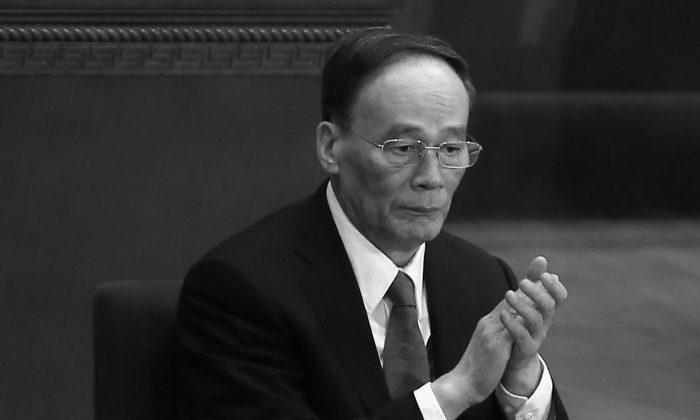

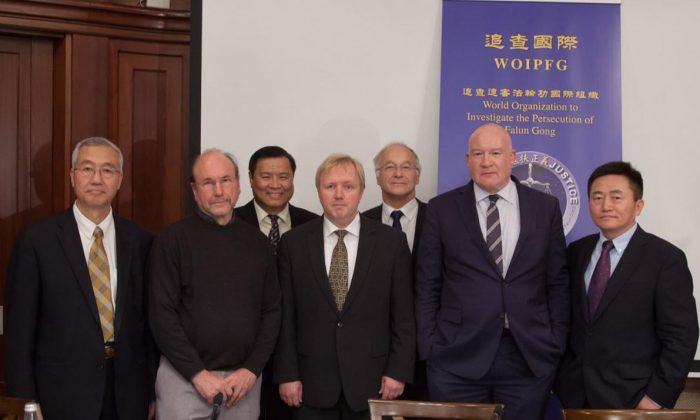
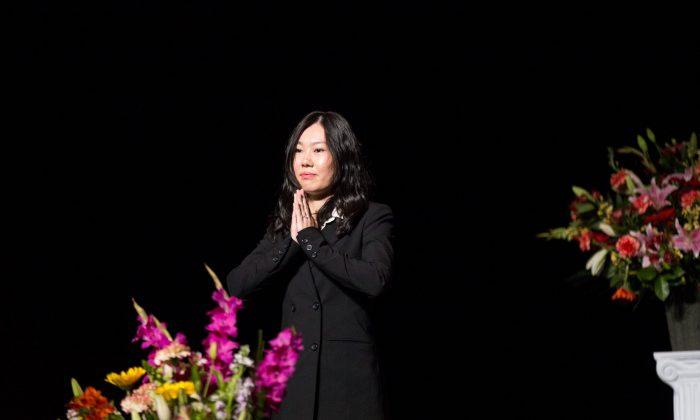
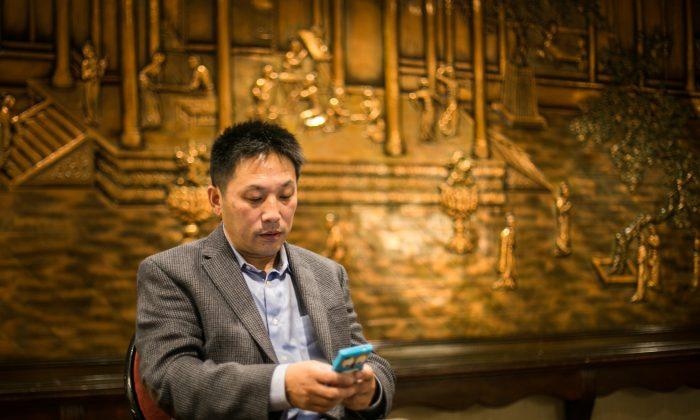
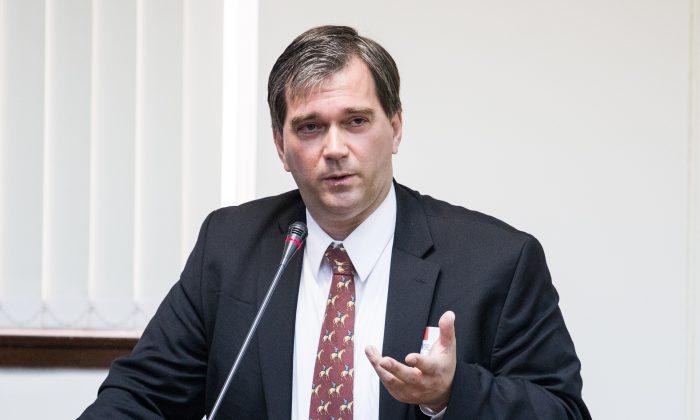
Friends Read Free